Exploring RAM Disks: Benefits, Uses, Software, and Comparison with SSDs
In the realm of computer storage, a RAM disk serves as an intriguing and high-performance solution that leverages a system's volatile memory (RAM) as a temporary storage drive. Unlike traditional storage devices such as hard disk drives (HDDs) or solid-state drives (SSDs) that store data persistently, RAM disks utilize a portion of the computer's RAM to create a virtual disk drive that operates at incredibly fast speeds.
Understanding RAM Disks
A RAM disk allocates a portion of a computer's RAM, treating it as a separate disk drive with its own drive letter and storage capacity. The data stored in a RAM disk is volatile, meaning it's temporary and gets wiped out when the computer is shut down or restarted. However, the key advantage lies in the lightning-fast read and write speeds of RAM, significantly outperforming traditional storage solutions.
Ideas for Utilizing RAM Disks
-
Faster Application Loading: Running applications or games from a RAM disk can significantly reduce loading times, enhancing overall performance.
-
Temporary File Storage: Handling temporary files, caches, or scratch files for photo/video editing, 3D rendering, or software development can benefit from the ultra-fast access speeds of a RAM disk.
-
Web Browsing Cache: Using a RAM disk for browser cache storage can notably accelerate web page loading times and overall browsing experience.
Choosing RAM Disk Software
Several software options are available for creating RAM disks, such as Dataram RAMDisk, SoftPerfect RAM Disk, ImDisk, and AMD Radeon RAMDisk. These tools allow users to allocate a portion of their RAM, configure disk size, and manage the content stored within the RAM disk.
RAM Disk vs. SSD
While both RAM disks and SSDs offer faster performance compared to HDDs, they serve different purposes:
-
Speed: RAM disks are considerably faster than SSDs, as they access data at the speed of RAM, which is several times faster than even the most advanced SSDs.
-
Volatility: RAM disks are volatile and lose data upon shutdown, while SSDs retain data even when powered off.
-
Capacity and Cost: SSDs generally offer larger storage capacities and are more cost-effective in terms of storage per gigabyte compared to RAM.
Conclusion
In summary, RAM disks harness the immense speed of RAM to create a high-performance storage solution ideal for specific use cases requiring lightning-fast read and write speeds. They excel in speeding up applications, handling temporary files, and enhancing overall system performance. However, their volatile nature and limited storage capacity make them best suited for temporary data storage. SSDs, on the other hand, provide larger storage capacities with persistent data retention, striking a balance between speed and permanence in data storage. The choice between a RAM disk and an SSD ultimately depends on the specific requirements and use cases of the user.



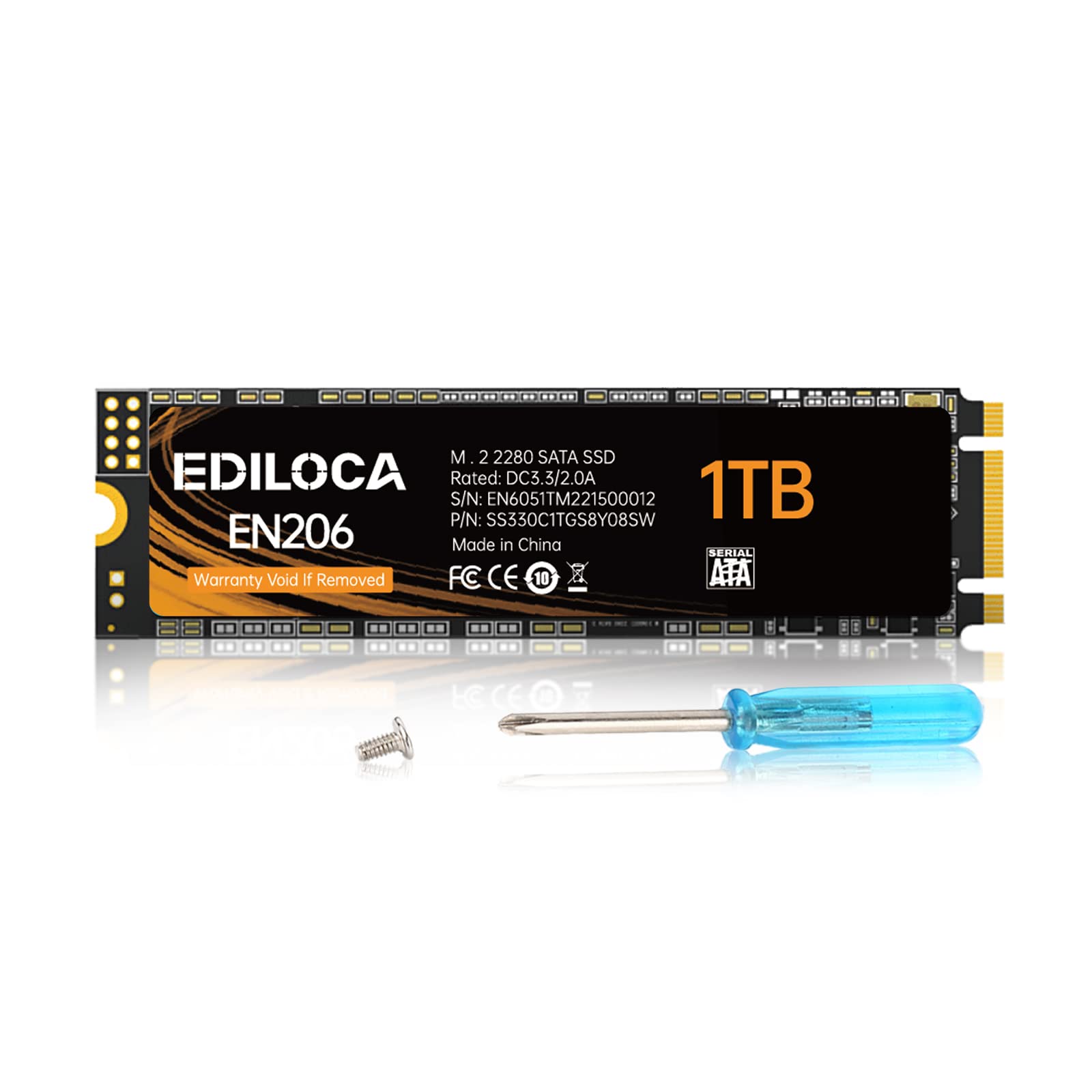
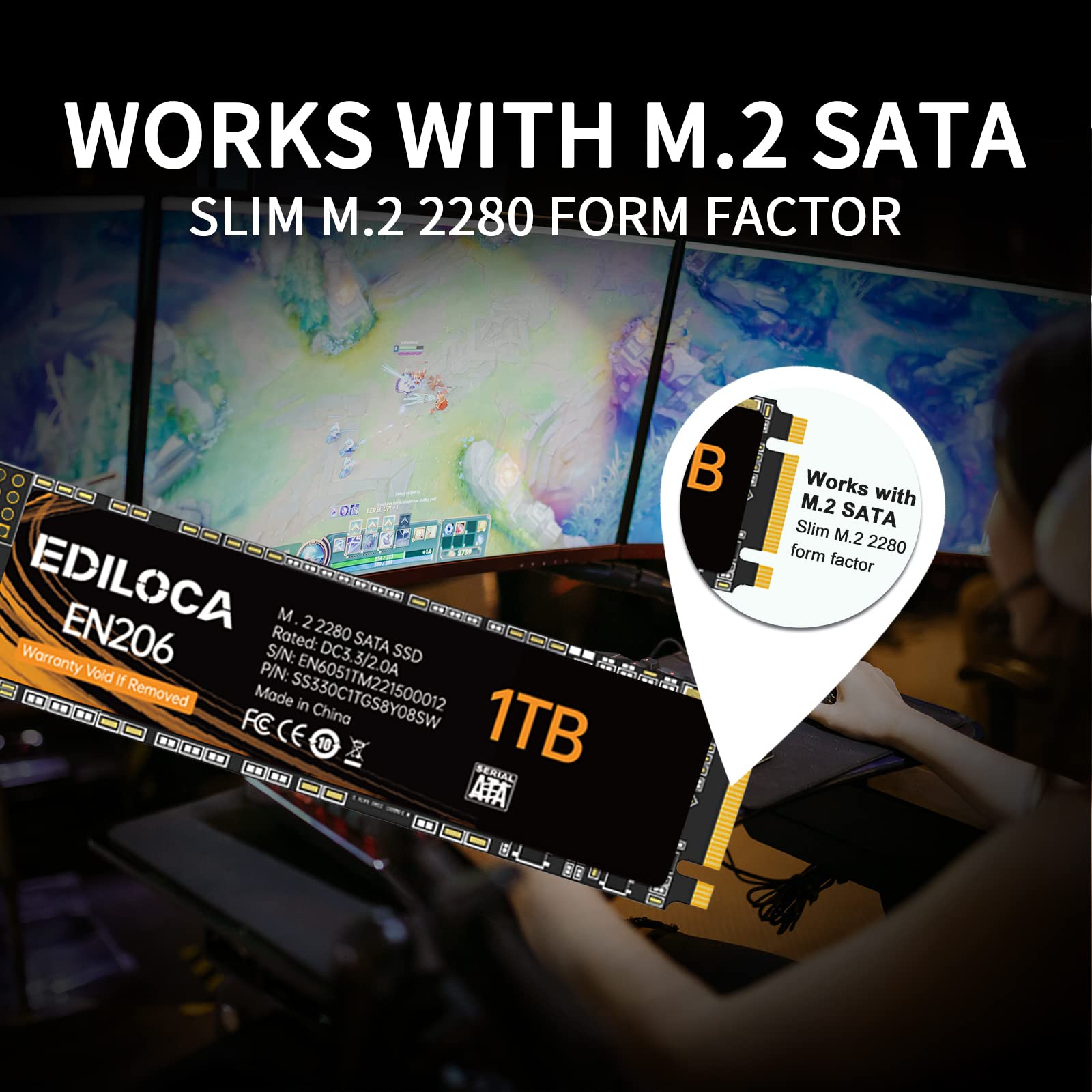
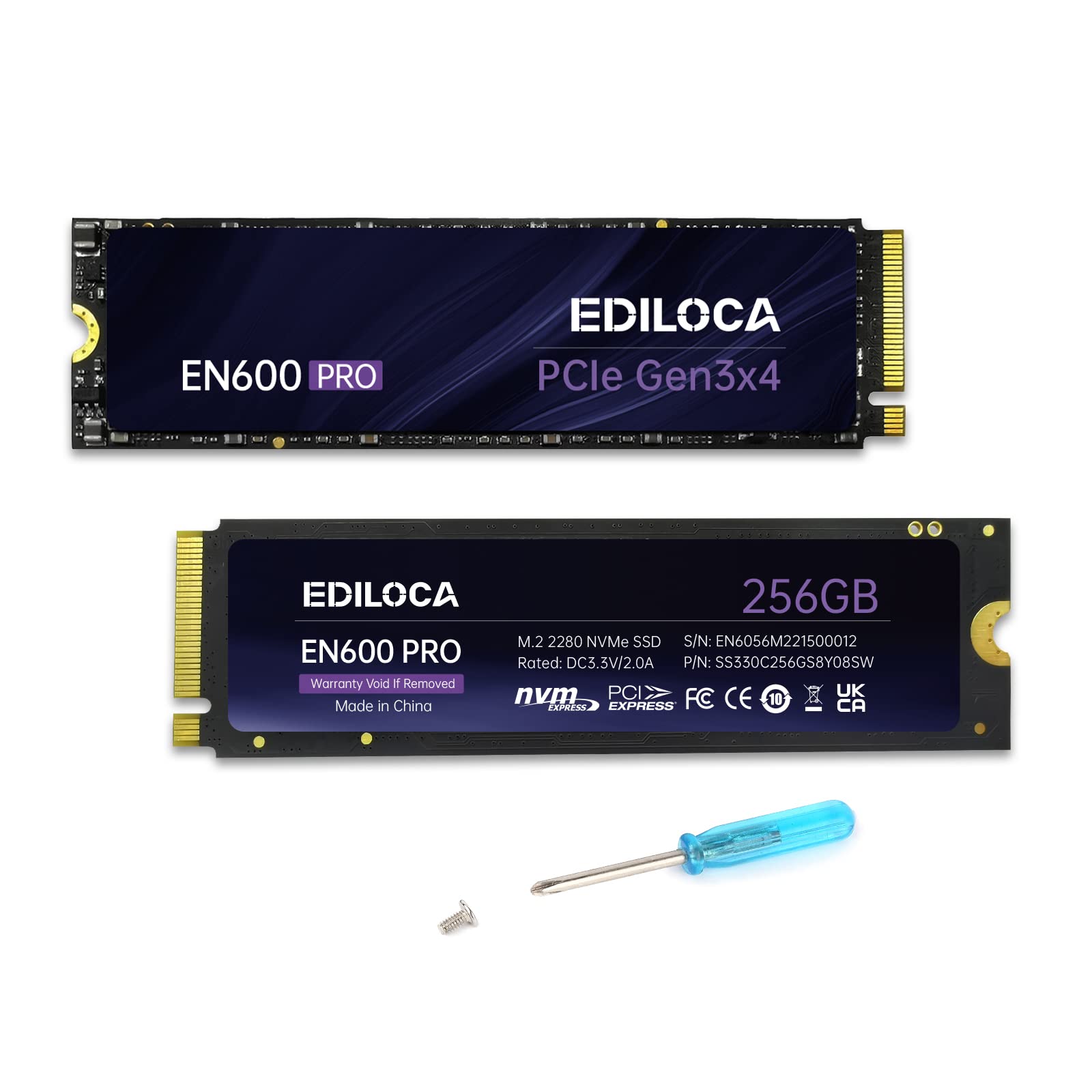
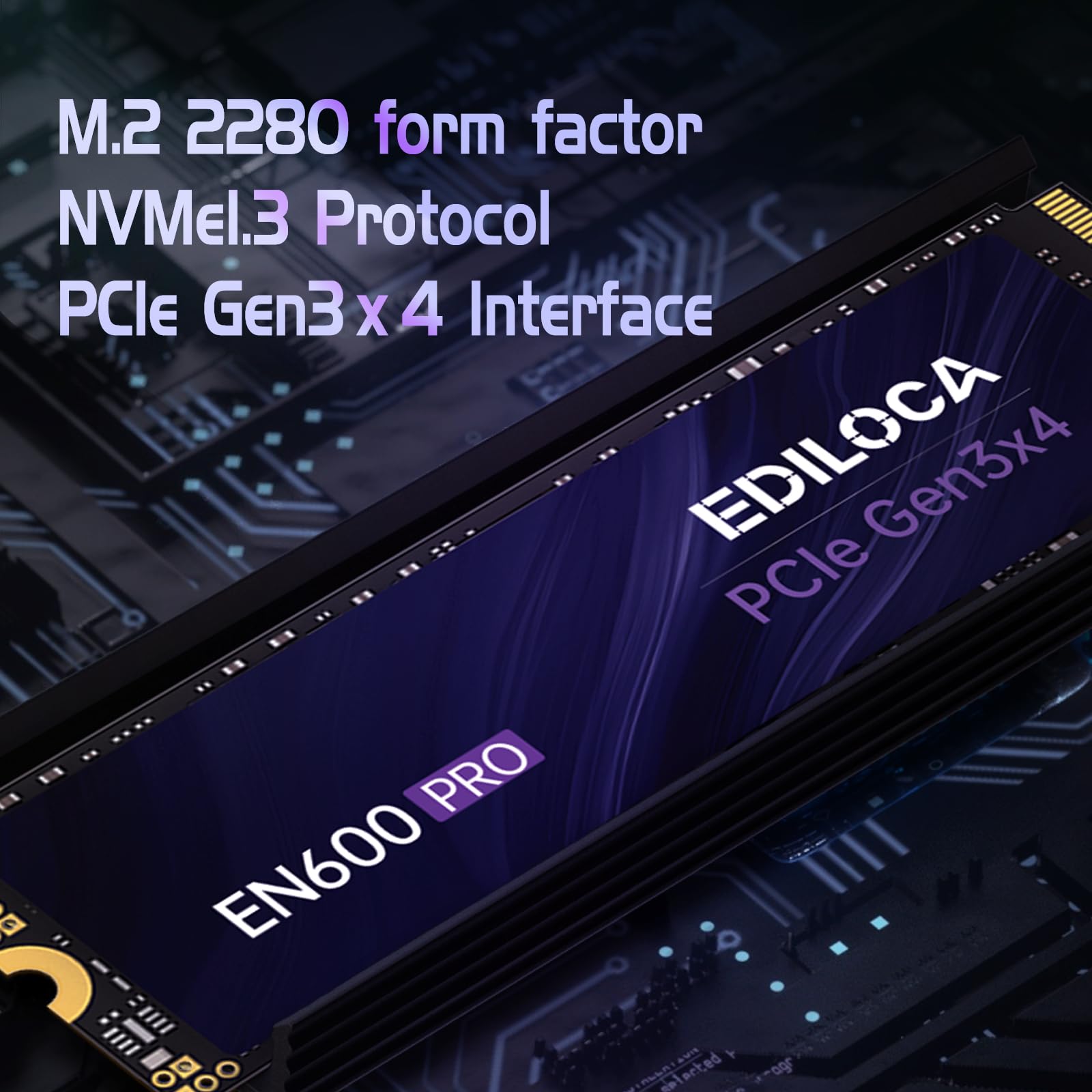
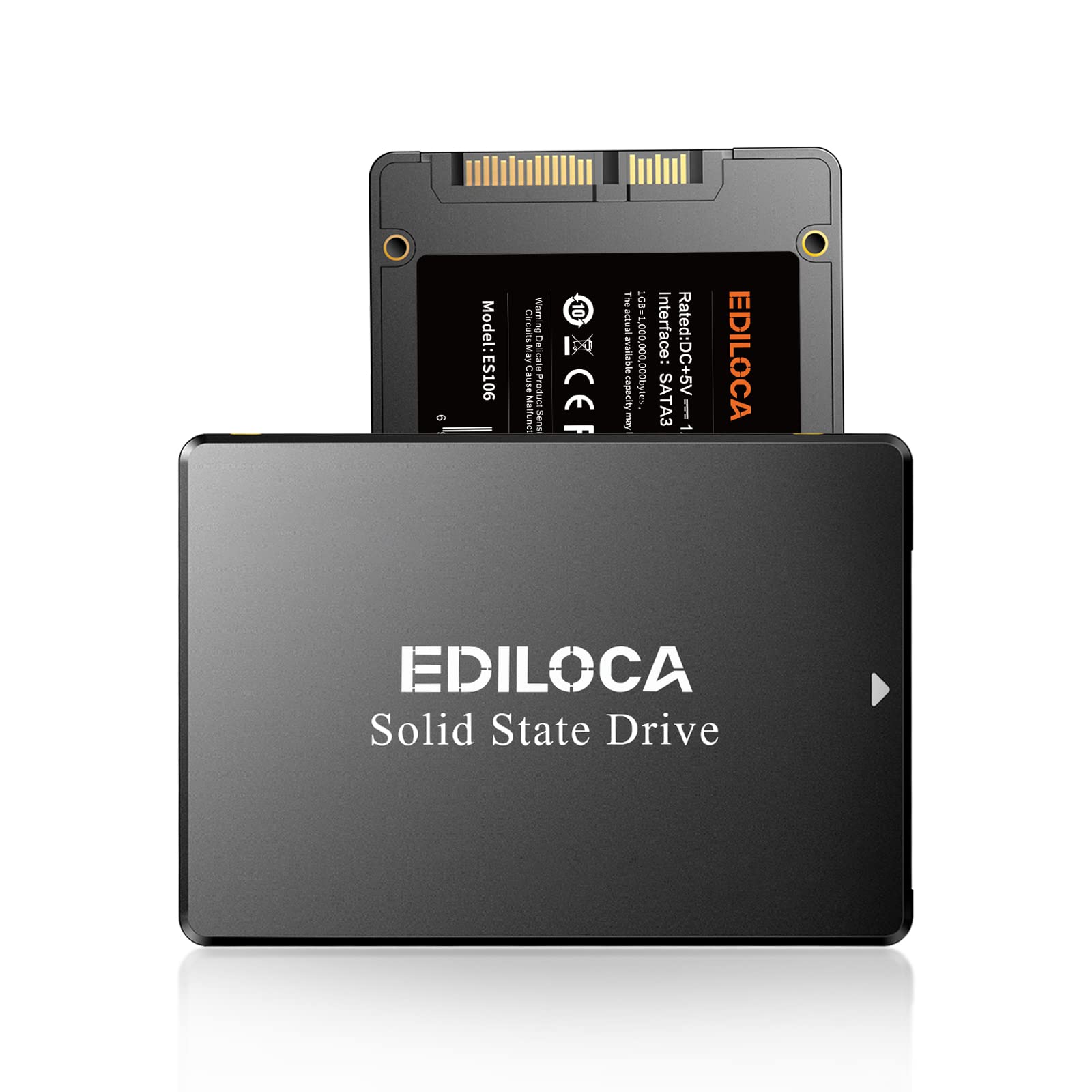
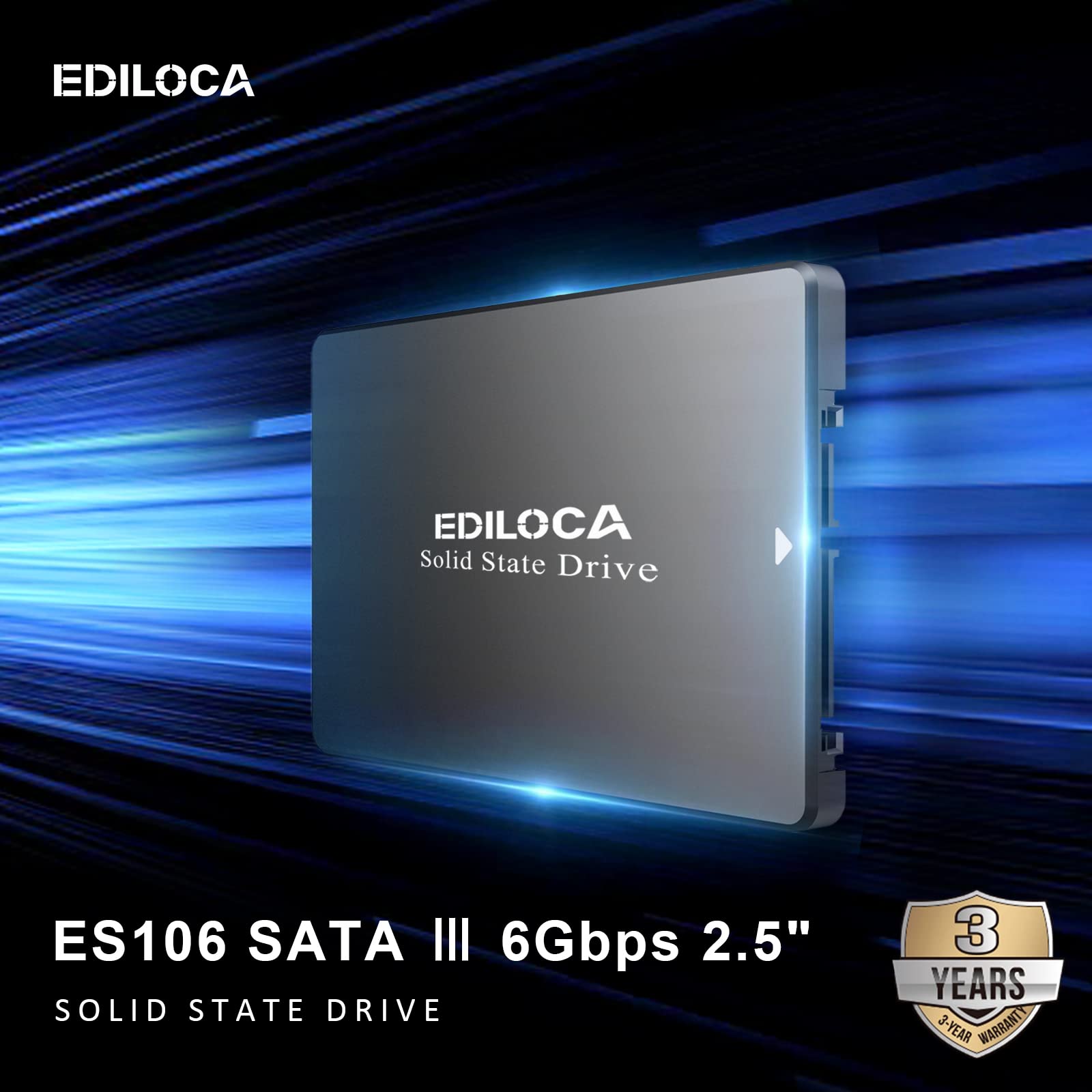
Leave a comment
This site is protected by hCaptcha and the hCaptcha Privacy Policy and Terms of Service apply.